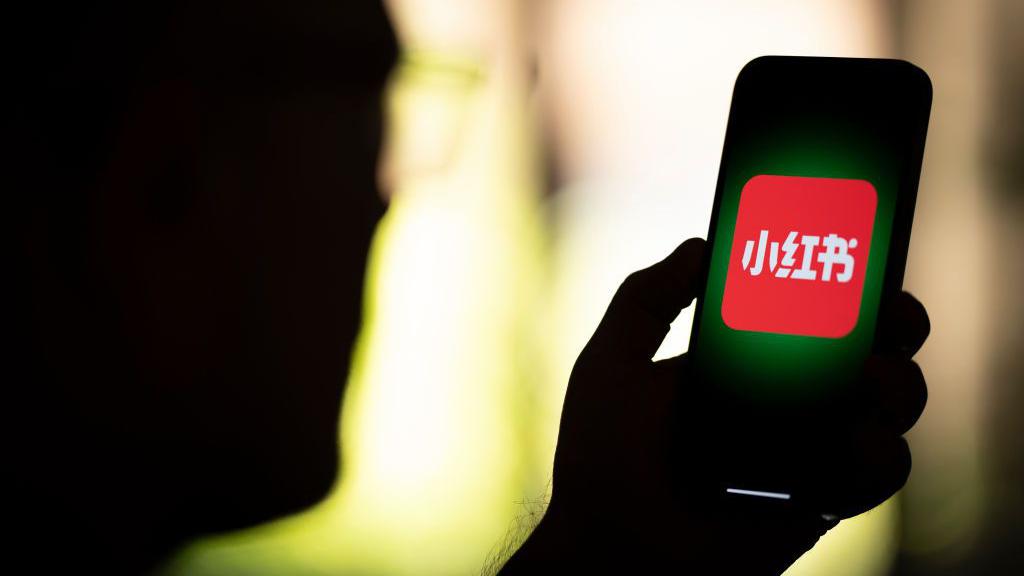Business
Germany’s $2 Billion Bitcoin Holdings Spark Investor Concerns Amid Selloff

For weeks, Germany’s government has been offloading hundreds of millions of dollars worth of bitcoin, causing significant concern among cryptocurrency investors and contributing to a sharp selloff in the market. Last month, the Federal Criminal Police Office (BKA) began selling bitcoin from a massive haul seized from a now-defunct movie piracy website.
In June, the BKA sold 900 bitcoins, worth approximately $52 million. Last week, an additional 3,000 bitcoins, valued at around $172 million, were sold. On Monday, German police sold a further 2,739 bitcoins, equating to $155 million worth of the cryptocurrency. These substantial sales have coincided with a dramatic drop in bitcoin’s price, which fell below $55,000 on Friday, its lowest level since February 2024. The entire crypto market saw a significant loss, shedding over $170 billion in combined market capitalization in a 24-hour period.
Germany’s bitcoin sales aren’t the only issue weighing on the cryptocurrency. The payout of billions of dollars worth of bitcoin from the collapsed bitcoin exchange Mt. Gox to creditors has also put pressure on the market. The trustee for the Mt. Gox bankruptcy estate, Nobuaki Kobayashi, confirmed that repayments in bitcoin and bitcoin cash have begun through several designated crypto exchanges.
Despite the large sums involved, these sales are relatively small compared to bitcoin’s overall token issuance. In January 2024, police in the eastern German state of Saxony seized close to 50,000 bitcoins, worth around $2.2 billion at the time. This was the most extensive seizure of bitcoins by law enforcement in Germany to date. The funds were confiscated from the operators of Movie2k.to and transferred to a crypto wallet owned by Germany’s Federal Criminal Police Office.
Today, the BKA holds approximately 32,488 bitcoins, valued at roughly $1.9 billion. However, not everyone agrees with the government’s decision to sell its bitcoin holdings. Joana Cotar, a member of the German Bundestag, argued that the government should hold bitcoin as a “strategic reserve currency” instead of selling it. Cotar has reached out to German Chancellor Olaf Scholz, Finance Minister Christian Lindner, and Saxony Minister President Michael Kretschmer, calling the decision to sell bitcoin “not sensible” and “counterproductive.” She has invited these officials to a lecture by prominent bitcoin influencer Samson Mow on October 17 in Berlin to discuss the matter further.
Business
US TikTok Users Migrate to RedNote as Ban Deadline Approaches

With a potential TikTok ban looming in the United States, many of the app’s 170 million American users are flocking to the Chinese platform RedNote. Dubbed “TikTok refugees,” these users have propelled RedNote to the top spot on Apple’s US App Store as of Monday.
RedNote, known in China as Xiaohongshu or “Little Red Book,” boasts approximately 300 million monthly users and combines features similar to TikTok and Instagram. It is particularly popular among young urban women in China, Taiwan, and other Mandarin-speaking regions, offering a platform for exchanging lifestyle tips on topics ranging from fashion to relationships.
The app’s growing popularity comes as the U.S. Supreme Court prepares to decide on a law requiring TikTok to sell its U.S. operations by January 19 or face a ban. TikTok has refused to sell, arguing that such a move would violate the free speech rights of its users.
RedNote has embraced its influx of U.S. users, with 63,000 posts tagged “TikTok refugee” providing guidance on navigating the platform and learning basic Chinese phrases. One U.S. user humorously wrote, “To our Chinese hosts, thanks for having us—sorry in advance for the chaos.”
Despite its warm reception, RedNote is not without controversy. Critics point to censorship concerns, particularly regarding criticisms of the Chinese government. Additionally, public officials in Taiwan are restricted from using RedNote due to perceived security risks associated with Chinese software.
As U.S. users join RedNote, some Chinese users have joked about being labeled “Chinese spies,” referencing U.S. officials’ concerns over TikTok’s alleged ties to Chinese government surveillance. However, RedNote has distanced itself from political associations, stating that its name does not reference Mao Zedong’s famous “Little Red Book.”
Business
Bitcoin Hits Historic High of Over $106,000

Bitcoin has soared to a new all-time high, briefly surpassing $106,000 (£83,890) on Monday during Asian trading hours. The cryptocurrency’s unprecedented rally marks a 50% surge since Donald Trump’s victory in the U.S. presidential election on November 5, with market sentiment buoyed by the incoming administration’s pro-cryptocurrency stance.
The Trump administration has signaled a friendlier approach to digital currencies compared to its predecessor. Notably, President-elect Trump recently announced plans to explore creating a national Bitcoin reserve, akin to the U.S. strategic oil reserve, to support the cryptocurrency’s strategic adoption.
Peter McGuire of trading platform XM.com attributed the surge to growing “FOMO” (fear of missing out) among investors. “The Bitcoin rally since the election has been parabolic,” McGuire explained. “Many investors believe $120,000 is achievable by the end of the year, and projections for mid-2025 suggest prices could exceed $150,000.”
Adding to the market optimism, Trump has appointed David Sacks, a Silicon Valley entrepreneur and former PayPal executive, as his AI and cryptocurrency czar. Sacks, known for his close ties to Trump advisor and billionaire Elon Musk, is expected to play a significant role in shaping the administration’s blockchain and cryptocurrency policies.
Business
Justin Sun’s $6.2M Banana and Investment Raise Conflict Concerns Tied to Trump

Chinese crypto entrepreneur Justin Sun, known for his headline-grabbing antics, recently made waves after consuming a $6.2 million banana in an art stunt. Not long after, Sun invested $30 million into World Liberty Financial, a cryptocurrency firm with ties to former President Donald Trump.
The investment proved transformative for the struggling company, pushing it past the threshold needed for Trump to begin profiting from the venture. Trump and his family are now positioned to collect around $20 million, with the potential for more.
Sun, currently facing fraud charges in the U.S. over his own crypto operations, did not elaborate on why he backed the untradable token initiative. However, the move has raised concerns among ethics experts, who view it as an example of how Trump’s vast business interests could create avenues for influence.
Richard Painter, former White House ethics lawyer under George W. Bush, noted the heightened risk:
“The conflicts have grown substantially with the scope of his business empire.”
Trump’s spokeswoman, Karoline Leavitt, dismissed concerns, highlighting that Trump had distanced himself from his real estate empire during his presidency and donated his salary:
“Unlike most politicians, President Trump didn’t get into politics for profit – he’s fighting because he loves this country.”
Critics argue that Trump has not adequately addressed the potential for corruption as his business dealings expand ahead of a possible return to the White House.











